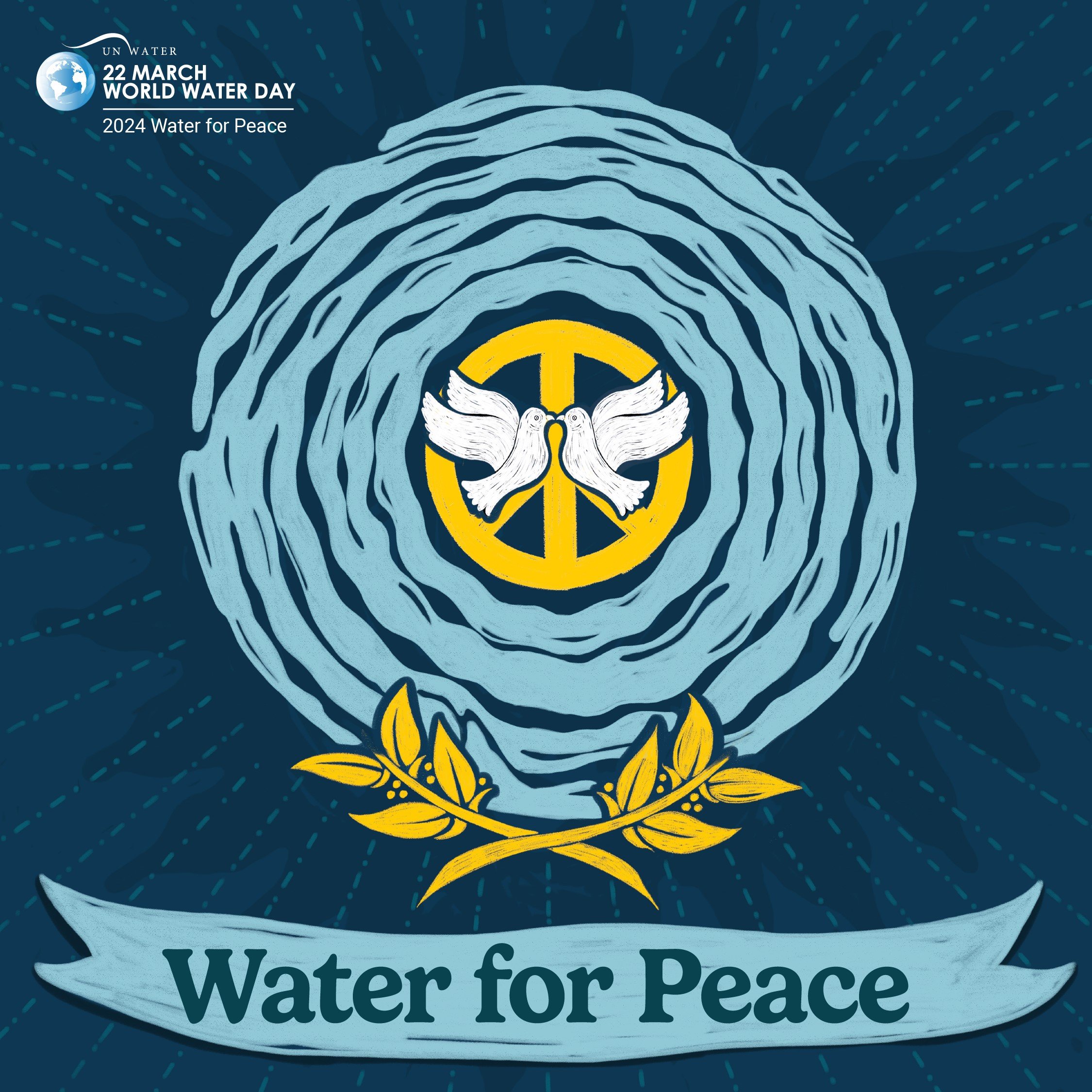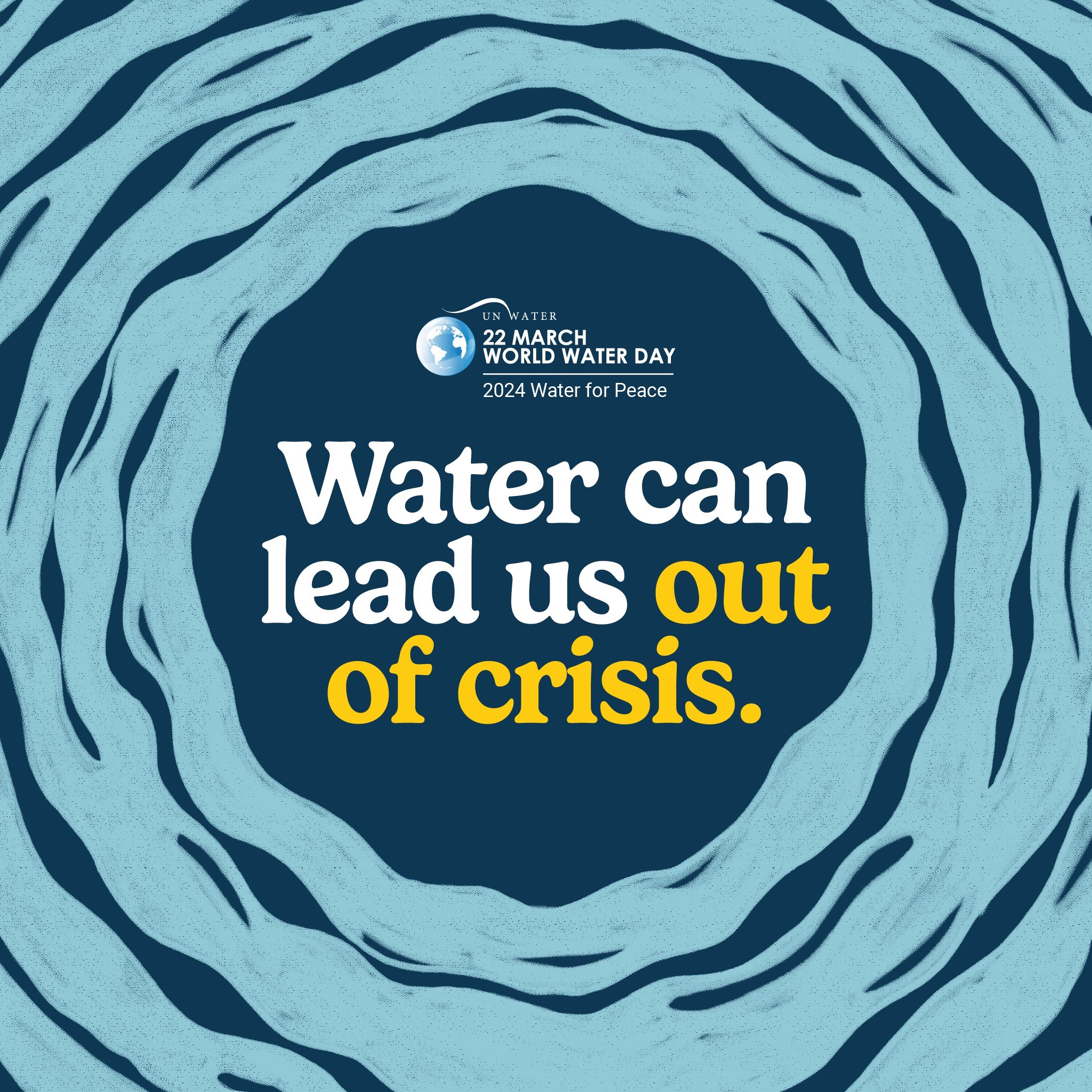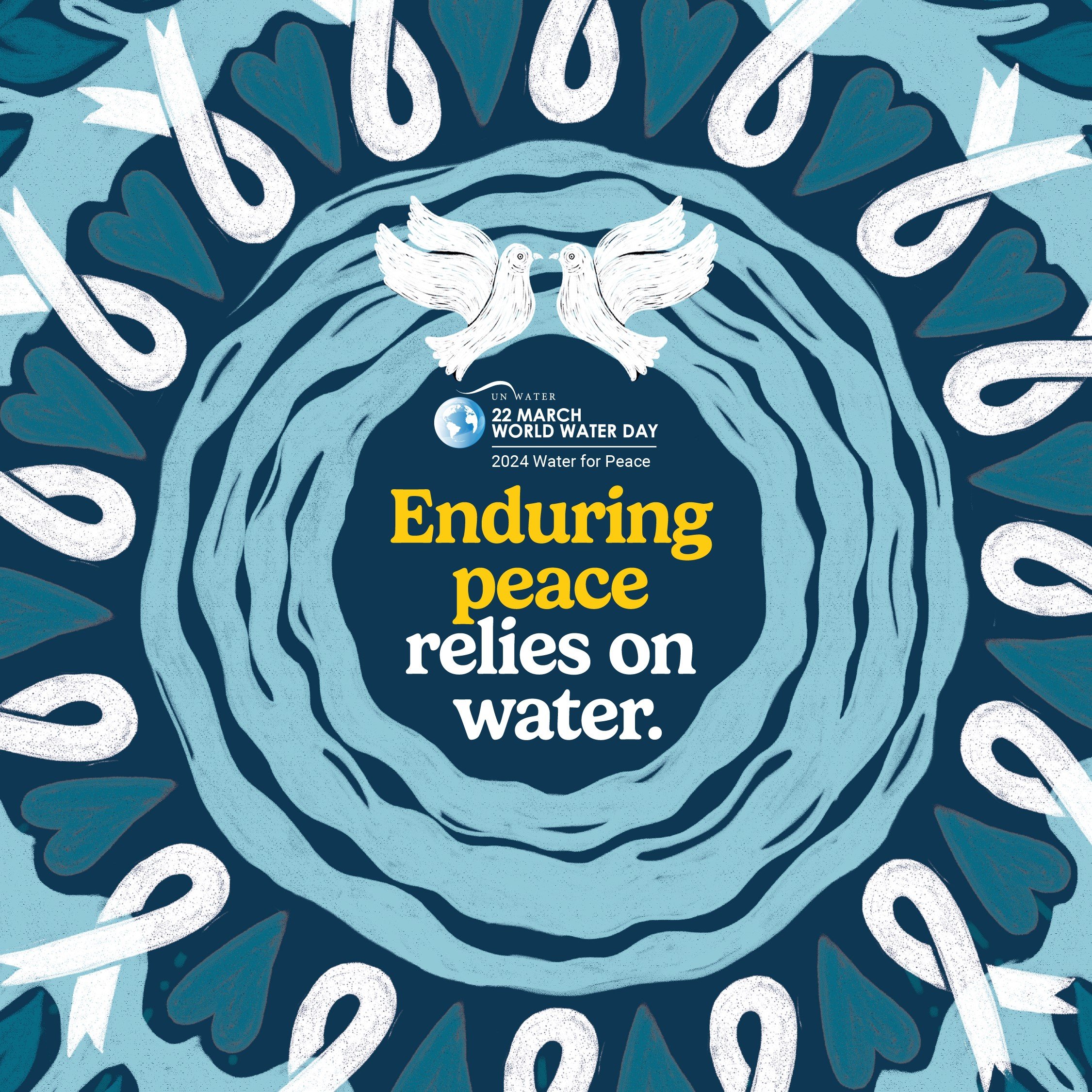Periodically I receive reports of how our CSJ in Canada Congregational donations are supporting access to clean drinkable water around the world. I am so very grateful that we are participants in change globally by helping to dig water wells, to restore water towers, expand water lines, and provide water filtration systems, and in Canada collaborating and advocating for water protection with Indigenous peoples.
In 2017 we became a Blue Community along with our sister congregations in and with the Federation. Our pledge was to promote the recognition of water and sanitation as human rights, to promote safe water and wastewater services, and to phase out the sale of bottled water at municipal events (because water sold this way becomes a commodity for profit).
This year to celebrate World Water Day, March 22, the United Nations’ focus is on the preservation of glaciers.
The UN agencies in charge of the International Year of Glaciers' Preservation have drawn up a dozen key messages, highlighting the importance of glaciers worldwide.
We cite only one message in this blog:
“A glacier is a large accumulation of mainly ice and snow, that originates on land and flows slowly through the influence of its own weight. Glaciers are found on every continent. They exist in many mountain regions and around the edges of the Greenland and Antarctic ice sheets. There are more than 275 000 glaciers in the world, covering an area of around 700 000 km². Glaciers are considered as important water towers, storing about 170 000 km3 of ice, which amounts to approximately 70% of the global freshwater. Glaciers are a source of life, providing freshwater to people, animals and plants alike.”
With global warming our glaciers are melting. The melting changes life on earth as we know it: sea levels rise, fresh water is added to the oceans, less salt disturbs the gulf stream and changes its pattern. Watch this 4 minute video from National Geographic, Climate 101: Glaciers.
The relationship of human activity and the gift of water is a fine-spun web. Let’s learn all we can about how our actions affect the gift of water. This year focus on glaciers as we mark World Water Day 2025!
-Sister Loretta Manzara, on behalf of the Federation Blue Community Steering Committee
Image: Sime Basioli/Unsplash

















